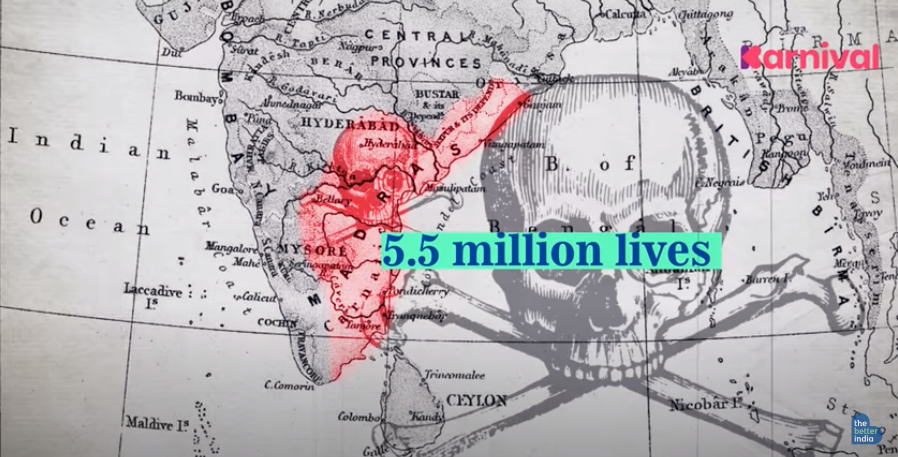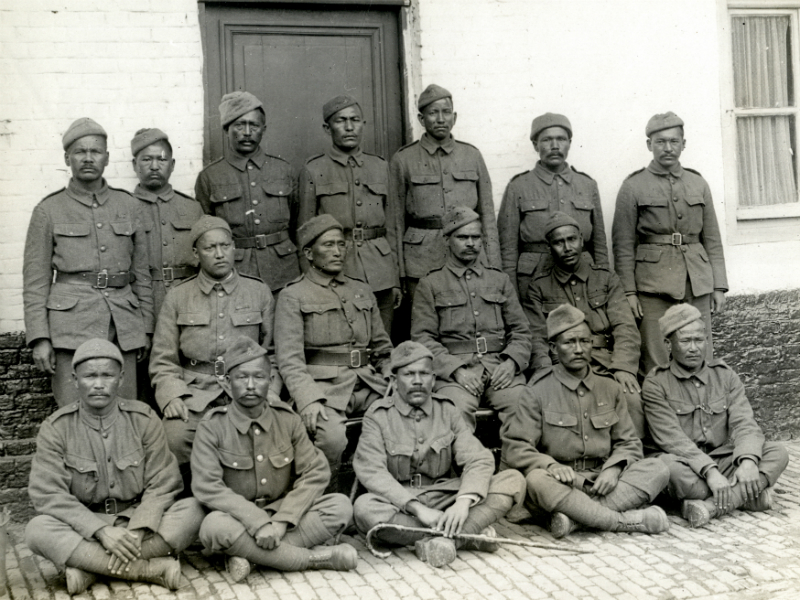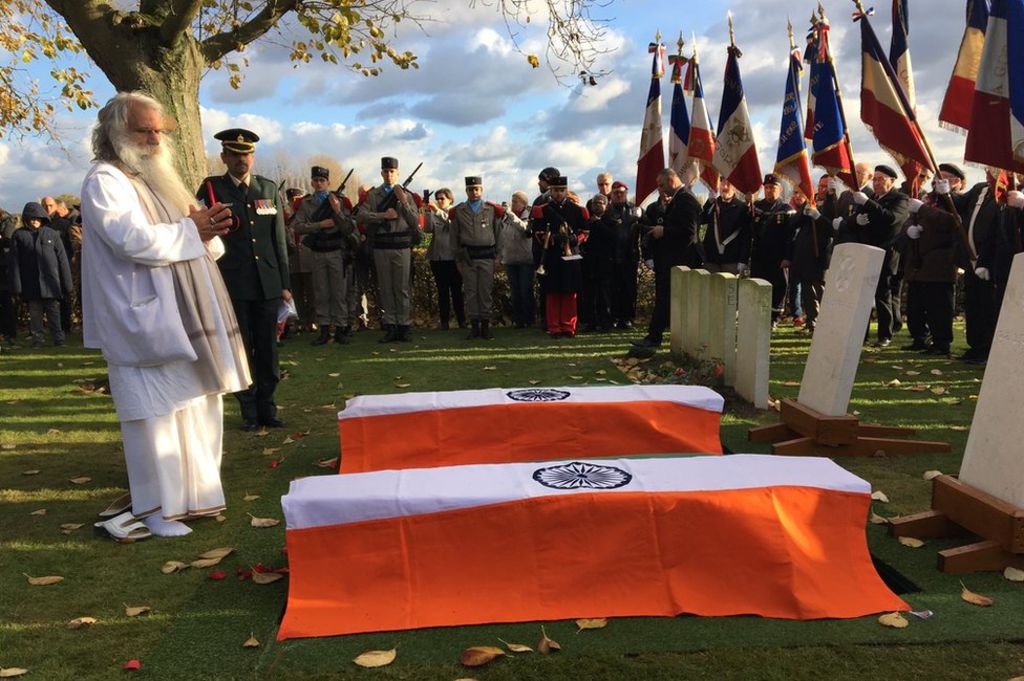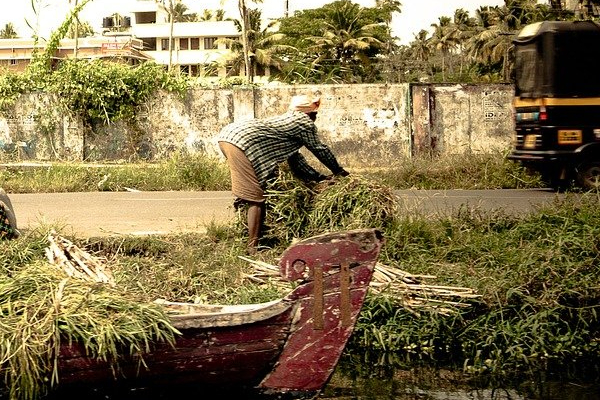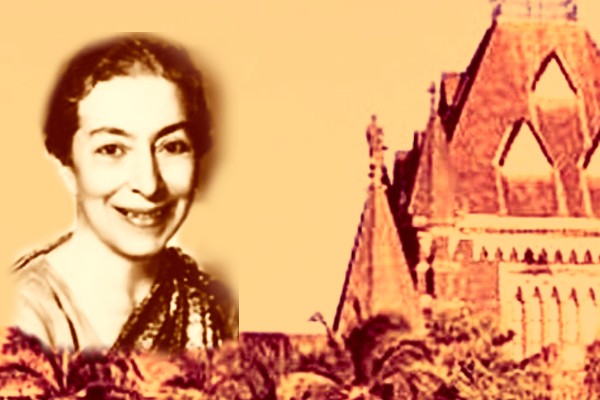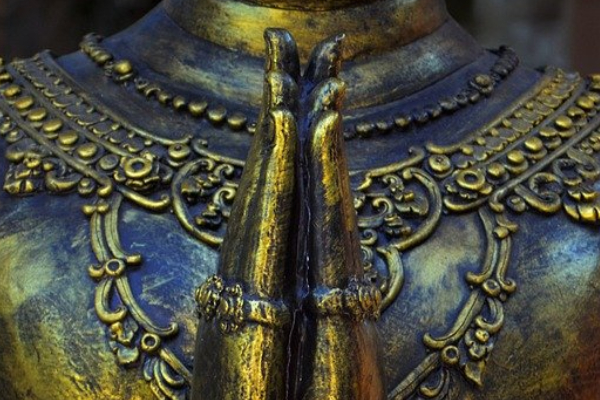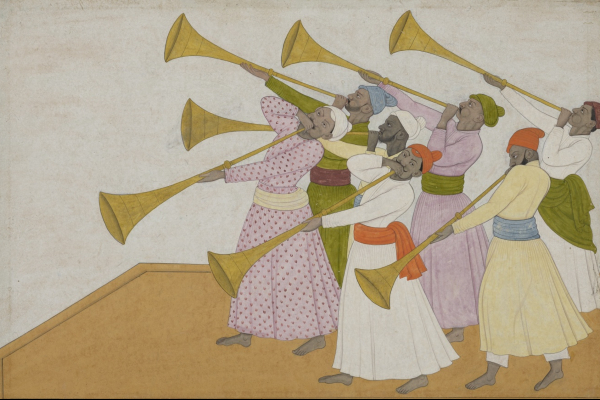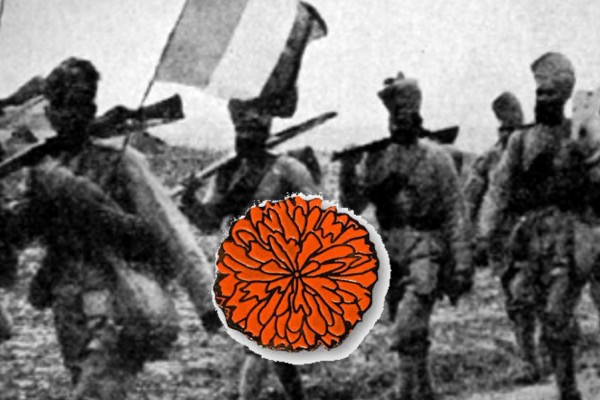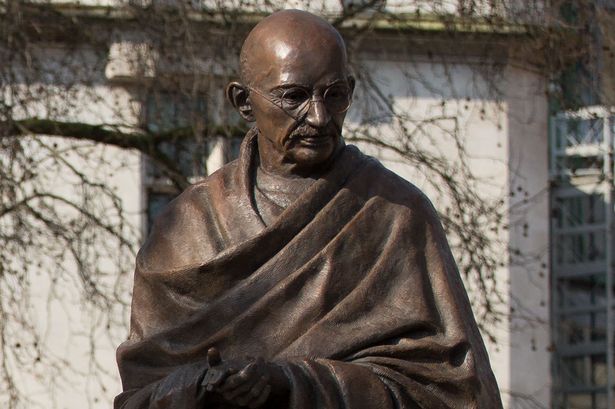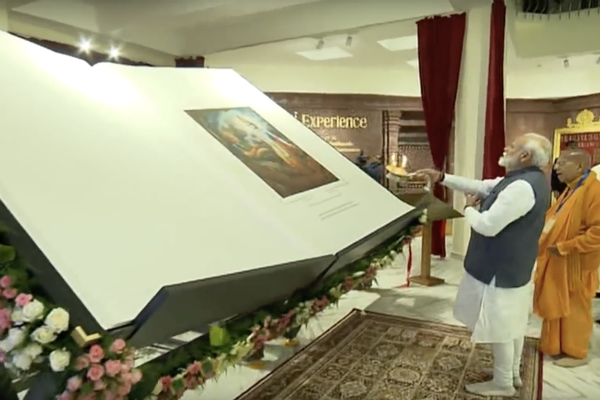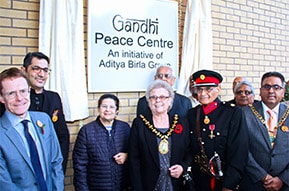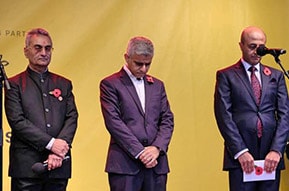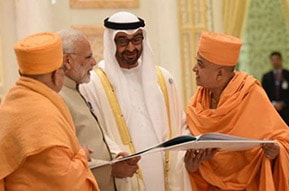The Great Famine of Madras in 1877, during the dark ages of colonial India, was a catastrophic event that brought untold misery and suffering to the people of the region. The famine, triggered by a combination of factors including prolonged drought, failed monsoons, and widespread crop failure, resulted in widespread starvation, disease, and death.
As the harsh drought persisted, rivers and lakes dried up, leaving parched lands and withering crops. Agricultural communities were devastated, and food became scarce and unaffordable. People were forced to sell their possessions, beg, or resort to extreme measures to survive. Hunger and malnutrition were rampant, leading to widespread health issues and diseases such as cholera and dysentery.
The British colonial administration, which controlled the region, proved ineffective in addressing the crisis. Relief efforts were poorly organized and insufficient, failing to reach many of those in need. The suffering was exacerbated by the exploitation of the poor by the rich, who hoarded food and raised prices to exorbitant levels.
The famine took a heavy toll on the vulnerable, including children, women, and the elderly. Many families were torn apart, as people migrated in search of food and water, leaving behind their homes and loved ones. The scenes of suffering were heart-wrenching, with emaciated bodies, despairing faces, and cries of anguish echoing through the streets.
The Great Famine of Madras in 1877 left a lasting impact on the region, as countless lives were lost, communities were shattered, and the socio-economic fabric was severely damaged. It stands as a tragic reminder of the suffering and neglect faced by the Indian population during the dark ages of colonial rule, and the urgent need for equitable and just governance.
Read more


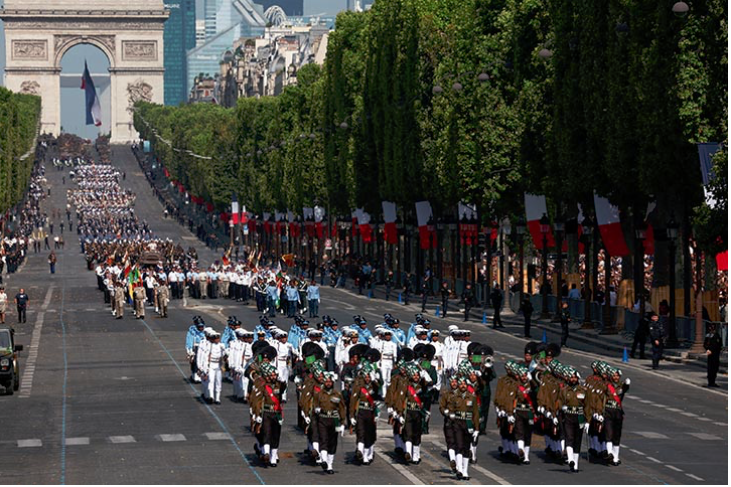
 tri-force contingent that will march in the
tri-force contingent that will march in the  troops in WWI.
troops in WWI.